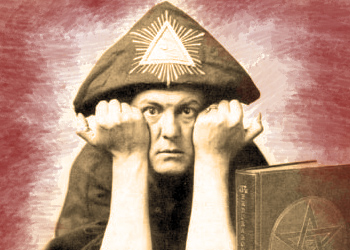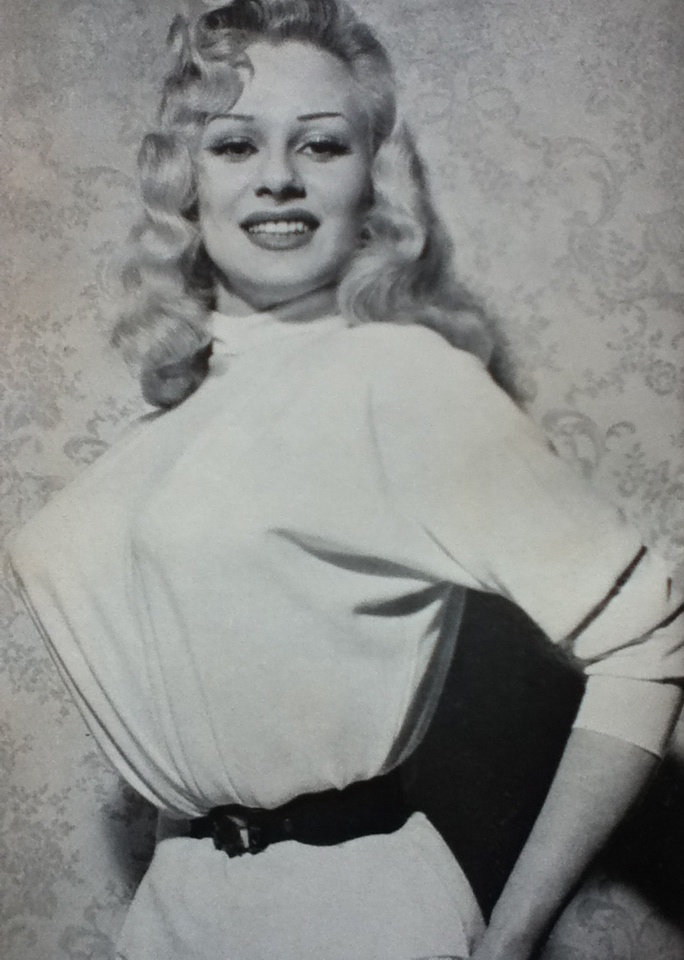Let me make it abundantly clear, before I say anything else, that I know nothing of the higher mathematics. I am not proud of this, but it must be admitted. My pea-sized yet pulsating brain may be crammed with a huge amount of learning, but it contains much bigger pockets of profound ignorance. Among these are the higher mathematics, and indeed much of the lower mathematics, and even quite basic physics.
When I was doing my O Levels I suggested to my physics teacher, Mr Giblin – a name merely an O away from Goblin – that entering me for the exam was a fool’s errand, and would only waste my time and the time of the poor drudge who had to mark my paper. Mr Giblin, however, refused to listen to my pleas, and insisted he had every confidence in me. So it was that I turned up for the exam and read through the six questions, of which I was expected to tackle four. Then I reread them, hoping a glimmer of understanding might spark in my brain. My fellow examinees were already scribbling away, brows furrowed, tongues hanging out in concentration. I read through the questions for a third time and realised that, far from having a clue regarding the answers, I had absolutely no understanding of what was being asked of me. It was all a deep and perplexing mystery, as if I were trying to read Hungarian or Finnish. I cannot remember what, if anything, I wrote on my paper, but I felt fully vindicated when the grade I received was not even an “F”, but “Unclassified”. “I told you so!” I crowed to Mr Giblin, who looked at me with genuine disappointment and expressed the view that I had probably just had a bad day. It is true that I had not slept well the night before, having been kept awake by the most violent thunderstorm I had ever experienced.
Thus ended my formal scientific education. I have, from time to time, sought to better myself in this regard, and once spent about six months doggedly reading the New Scientist every week. But the pockets of ignorance remain almost wholly empty, I’m afraid.
However, this did not deter me from devising string theory. Or perhaps I should say a string theory. When first I came across this phrase it occurred to me that a theory about string was something I could tackle, if I devoted myself to it. Who knows, I might flabbergast the world of science. I was by this time no longer in contact with Mr Giblin, of course, but I hoped that he would learn of my fantastic theory in some journal or other and feel a little pang of satisfaction that he had been right all along. Young Mr Key did understand physics! It was that thunderstorm that was to blame for his abject performance in the exam, not pure ignorance! Though this was contrary to what I knew to be the truth, I felt benevolent towards Mr Giblin, and happy to be of comfort to him in his advancing years.
First, though, I had to have a theory with which to stun the world. And before I could come up with a theory, I needed some string. So I went to an ironmongery and bought a ball of string. I could have obtained some from a stationery shop, but I felt that ironmonger’s string was somehow more appropriate for my purposes. It was more technical string. That may or may not be the case, but it was my view at the time, and I went with my instinct.
I removed the little blue paper band from around the ball, and slowly let it unravel, holding one end between my thumb and forefinger while I wandered, in an aimless hypnagogic haze, around the house. Soon enough there was a terrifically long piece of string trailing all over the floor and across the furniture. I let go the end I had been clutching, let it drop, and contemplated the result. What I was hoping was that a theory would immediately begin to form in my brain, a theory about this string, which I could write down, as it developed and took shape. Then I could type it up, from my scribblings, pop it in an envelope, and send it off to a respected scientific journal. Plaudits would be showered upon me, and I might even be given a medal.
Unfortunately, as I stood there staring at the string, my brain was in a similar state to when I had gazed uncomprehendingly at my physics O Level paper all those years ago. No theory whatsoever sprang into my mind, not even a first fugitive flickering of a theory. I spat into the fireplace and painstakingly gathered up the string, rolling it back into a ball, which I then placed on the mantelpiece, next to a vase of poinsettias. I reflected bitterly that I had a superb and cogent poinsettia theory, and went to take a nap.
When I awoke, the string was exactly where I had left it. On closer inspection, I was able to ascertain that not only had it remained immobile, but it had neither unravelled itself nor tied itself in knots. I felt the first stirrings of something in my head. Perhaps not yet a theory, not even an idea, but some faint, stringy, intangible, stringy, amorphous, stringy, stringy, stringy, something. However vague it was, whatever it was, it was potent. For a time it was if there was nothing in the entire boundless universe but my brain and a ball of string. I popped it into my pocket and went out to trudge along the towpath of the old canal in the rain. I could not yet put into words what I had experienced, but they would come, they would come.
That was several years ago now, and the words are still coming. They have not actually arrived, and I struggle to form any coherent thoughts about my string theory, but it is only a matter of time. I have the paper, the envelope, and the postage stamp ready and waiting. And one day I shall astonish the world.


